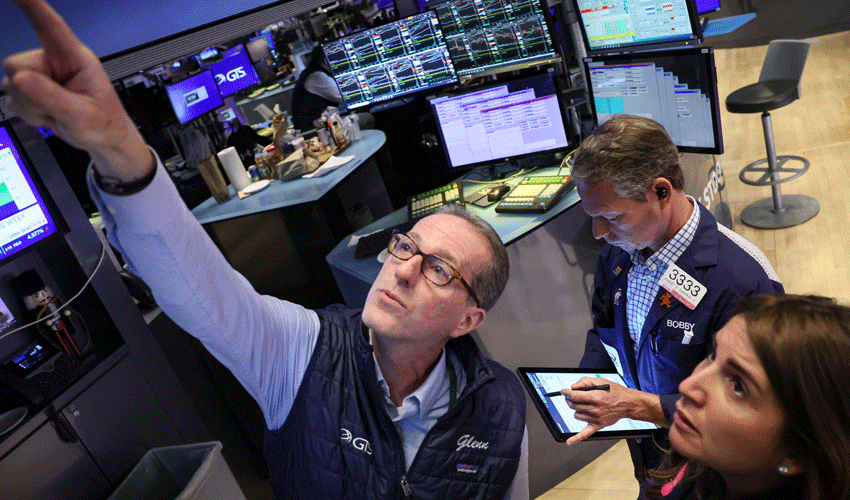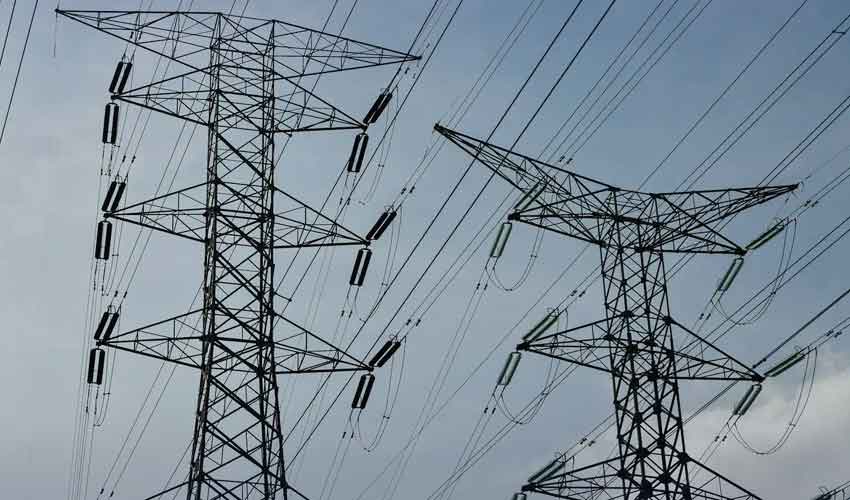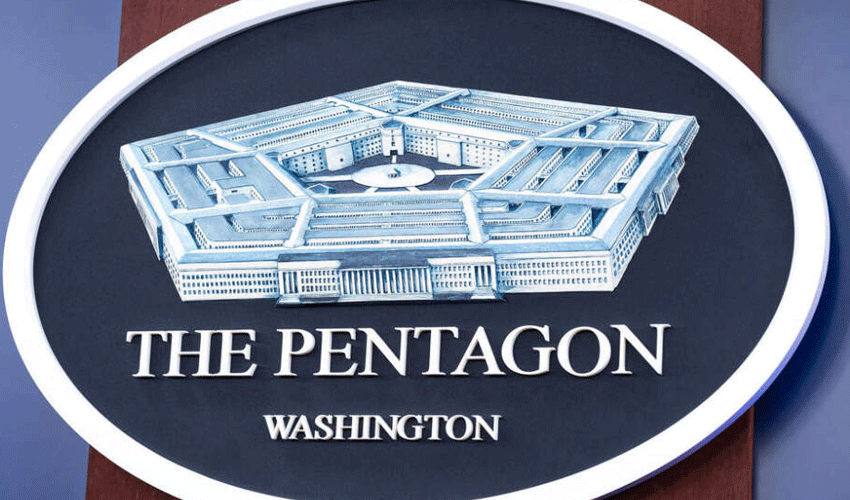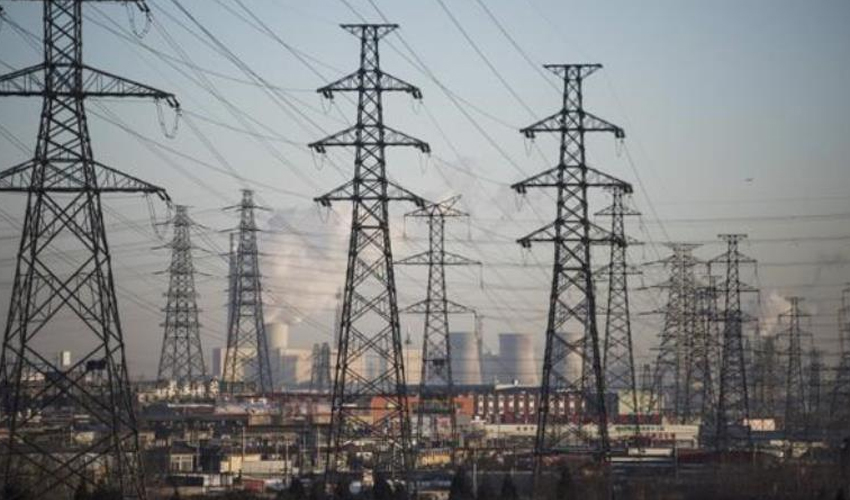US stock markets recorded their steepest two-day decline since the early days of the COVID-19 pandemic, as fears of a global trade war intensified following President Donald Trump’s sweeping new tariffs on international trade partners.
The Dow Jones Industrial Average fell 5.5 per cent, the Nasdaq Composite declined by 5.8 per cent, and the benchmark S&P 500 shed nearly 6 per cent at Friday’s market close. It marks the sharpest fall in US indices since March 2020, when pandemic-induced shutdowns jolted global economies.
The market rout followed Trump’s announcement earlier this week of “reciprocal tariffs” that would apply a baseline 10 per cent duty on nearly all imports, with rates climbing as high as 50 per cent for over 60 countries. The move triggered swift retaliation from key trading partners, most notably China, which on Friday imposed a 34 per cent tariff on American goods — the most significant countermeasure to date.
The escalating tensions have prompted widespread concern over the potential for a global recession.
“This is all sparking fear of a global trade war,” said Al Jazeera’s Kristen Saloomey in a report from the New York Stock Exchange. “We’re seeing those fears reflected clearly in investor sentiment.”
The tariff announcement has been met with strong international criticism, particularly from the European Union. EU Trade Commissioner Maros Sefcovic termed the 20 per cent tariffs on EU goods as “damaging” and “unjustified”, warning that Brussels remains prepared to protect its interests.
Meanwhile, United Nations officials raised concerns over the impact on developing economies. The UN’s trade and development chief Rebeca Grynspan noted that the tariffs disproportionately affect poorer nations in Africa and Southeast Asia, many of which rely on trade revenues for essential services.
“Trade must not become another source of instability. It should serve development and global growth,” Grynspan said in a statement.
Trump defiant amid criticism
Despite the growing backlash and mounting economic uncertainty, Trump remained defiant. While attending the Saudi-backed LIV Golf tournament at his Florida golf course, the former president declared on Truth Social: “TO THE MANY INVESTORS COMING INTO THE UNITED STATES AND INVESTING MASSIVE AMOUNTS OF MONEY, MY POLICIES WILL NEVER CHANGE.”
He also pointed to a jobs report showing the addition of 228,000 jobs in March — data recorded before the latest tariffs were unveiled.
Democrats were quick to criticise Trump’s public appearances during the economic turmoil. Senate Majority Leader Chuck Schumer accused the president of living in a “billionaire bubble,” while Senator Ben Ray Lujan said, “While the American people are trying to put food on the table, I see that Donald Trump’s out there playing golf.”
Republicans, however, continued to support Trump’s approach. Senator John Barrasso described the former president as a “deal maker,” saying he would “deal country by country with each of them.”
Fed warns of inflation and job losses
Adding to the market gloom, Federal Reserve Chair Jerome Powell warned on Friday that Trump’s tariff policy could worsen inflation and push up unemployment.
“We face a highly uncertain outlook with elevated risks of both higher unemployment and higher inflation,” Powell said during a press briefing.
He rejected calls — including one by Trump — to cut interest rates in response to the turmoil, stating that it was premature to determine any monetary policy adjustments.
“This is a long game,” Powell said. “The full effects of the tariffs will take time to assess.”
Global reaction builds
The international response continued to intensify over the weekend. Many trade experts view the tariffs as a fundamental shift in the global economic order, with US allies caught off guard.
Economist Ha-Joon Chang, speaking to Al Jazeera’s UpFront, warned that the new tariff regime could usher in “a new world order” and urged Washington to reconsider its approach to multilateral trade.
Among the hardest hit by the tariff scheme are low-income nations such as Lesotho, Madagascar, and Laos. The Trump administration calculated the new tariffs by matching — and in some cases doubling — the duties these countries impose on US exporters.
“This policy hurts the vulnerable and the poor,” the UN said, urging the US to consider a more development-friendly approach.
As global markets remain on edge, analysts warn that the full impact of the policy may not be immediately evident but could trigger long-term instability in trade and investment flows.

























